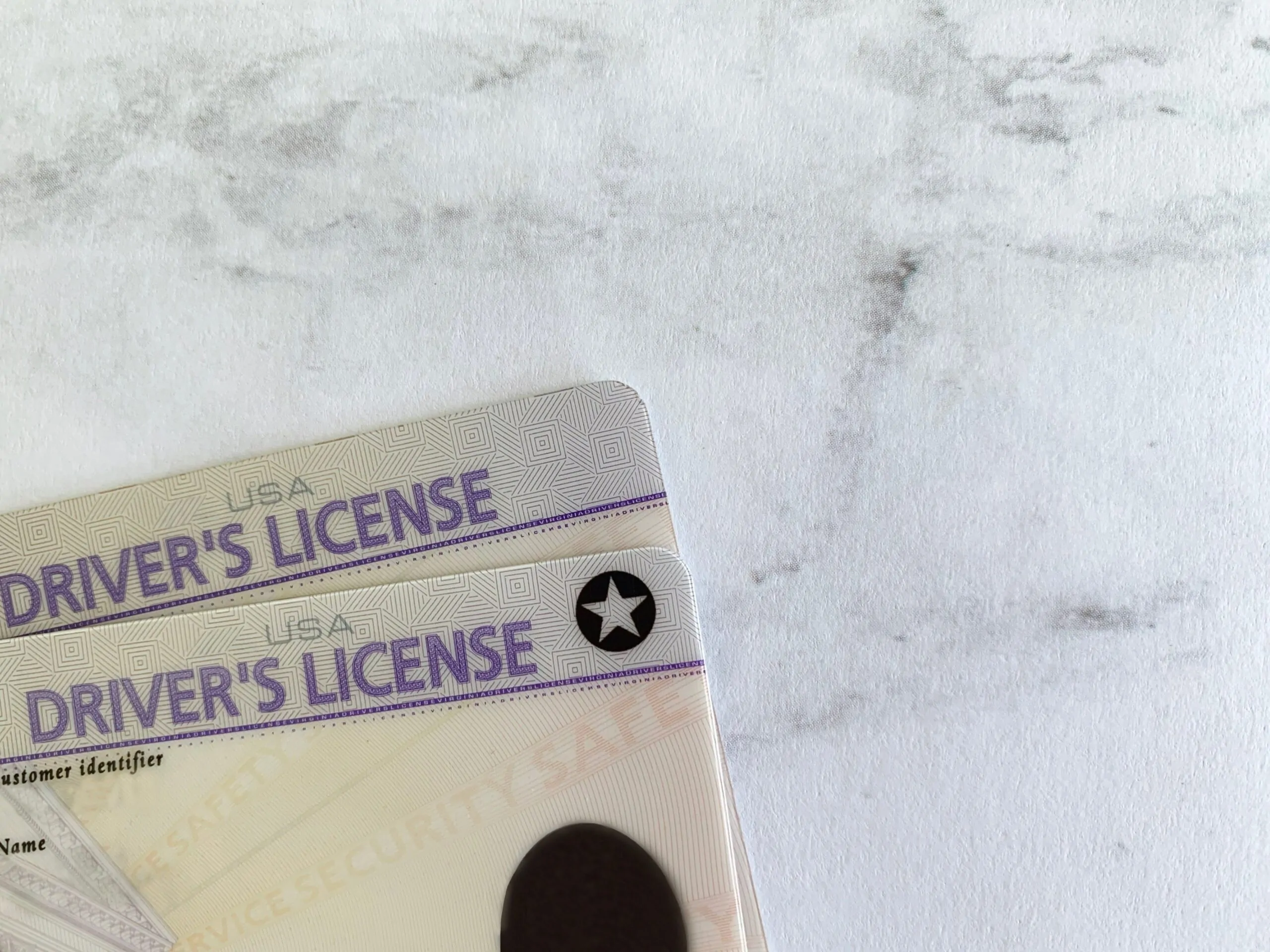
The Ultimate Guide to U.S. ID Scanning Laws: What You Need to Know!
Table of Contents
ToggleIn the modern digital landscape, scanning identification cards (IDs) has become a standard practice across numerous sectors. From hospitality to retail, ID scanning is essential for verifying age and identity. However, the implications of this practice are vast, necessitating a thorough understanding of the legalities involved. This guide offers an exhaustive analysis of ID scanning regulations in the United States, both at the federal and state levels.
Federal Insights into ID Scanning
While there isn’t a singular federal law that zeroes in on ID scanning laws, numerous statutes encompass the privacy of consumer data, which can be intertwined with ID scanning.
Digital Identity Act
The Digital Identity Act is a pivotal piece of legislation in the realm of digital identity verification. It ensures that online identities are authenticated with precision, safeguarding consumers from potential identity theft and fraud.
Consumer Protection Act
The Consumer Protection Act stands as a cornerstone for safeguarding consumers against deceptive practices. It is integral for businesses that prioritize their customers, ensuring that they are protected from misleading advertisements, fraudulent billing practices, and other deceptive practices.
Drivers Privacy Protection Act
The Drivers Privacy Protection Act is aimed at shielding the personal data accumulated by state Departments of Motor Vehicles. This act is a testament to the importance of privacy in the digital age, ensuring that personal data, such as addresses and phone numbers, are protected from unauthorized access and dissemination.
Fair Credit Reporting Act (FCRA)
The FCRA is a federal legislation designed to ensure the accuracy, fairness, and privacy of consumer information held in the databases of consumer reporting agencies. It protects consumers from the intentional or negligent inclusion of incorrect data in their credit reports. The FCRA oversees the collection, distribution, and utilization of consumer data, particularly consumer credit information.
Gramm-Leach-Bliley Act
The Gramm-Leach-Bliley Act focuses on the sanctity of consumer financial data. This act mandates businesses to handle such information with utmost care, ensuring that financial institutions respect the privacy and preferences of consumers and protect their personal financial information.
State-Specific ID Scanning Laws

In the United States, there isn’t a specific federal law that directly regulates the scanning of IDs. However, several federal laws govern the privacy of consumer information, which can be potentially relevant to ID scanning practices. To navigate the complex landscape of U.S. ID scanning regulations, one can refer to the comprehensive guide on Guest Ban which provides detailed information on each U.S. state’s ID scanning laws.
California
Known for its stringent privacy laws, California mandates businesses to provide clear disclosure if they collect personal information through ID scanning and restricts the sale of this data without explicit consent.
New York
While ID scanning is permitted, businesses must ensure that the data collected is securely stored and not used for unauthorized purposes.
Texas
Businesses can scan IDs for age verification, but they cannot retain the data for marketing purposes without the individual’s consent.
Florida
While Florida greenlights ID scanning, it enforces rigorous rules concerning data preservation and dissemination.
Note: This section provides a snapshot of the regulations. For an exhaustive understanding, businesses should delve into their state’s specific guidelines.
With technological innovations showing no signs of slowing down, the legal framework around its application is bound to undergo transformations. It’s anticipated that states will roll out more holistic rules to counter the challenges ushered in by digital progressions. Staying abreast of these modifications is non-negotiable for businesses.
Conclusion
ID scanning, while a valuable tool for businesses, comes with its set of legal challenges. By understanding and complying with both federal and state-specific regulations, businesses can leverage the benefits of ID scanning while ensuring the privacy and trust of their customers. In ambiguous situations, seeking legal expertise is the best recourse.
Harnessing ID scanning as a potent tool is a double-edged sword. While it offers myriad benefits, the legal intricacies cannot be sidelined. By assimilating and adhering to the state-specific guidelines, businesses can capitalize on ID scanning’s advantages and simultaneously fortify the trust quotient with their clientele. In ambiguous situations, seeking legal expertise is the best recourse.
